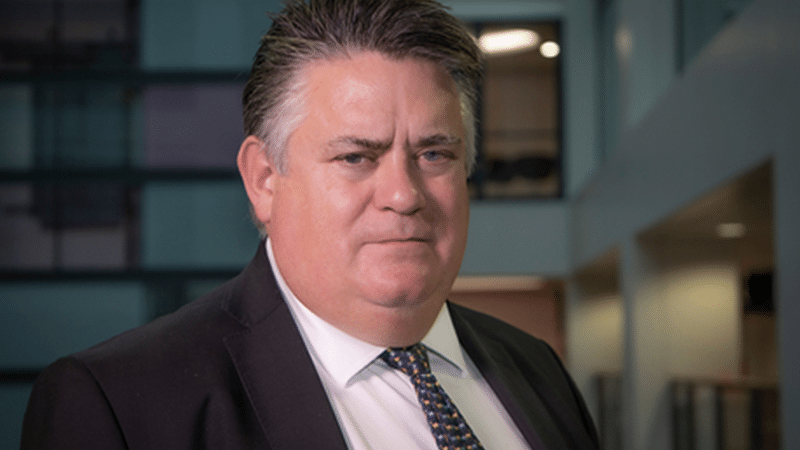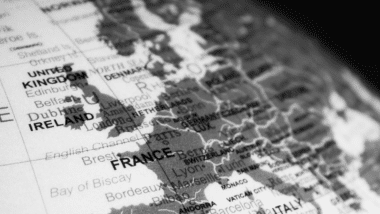A former Faith Minister has branded the lockdown of churches during the pandemic “outrageous”.
Christians in England and Wales were unable to meet for worship between March and July 2020. When a second national lockdown forced them to close again in November, The Christian Institute branded the ban on public worship a “colossal mistake”.
In an interview with the Catholic Union, Lord Stephen Greenhalgh, who became Faith Minister just before the first lockdown in March 2020, said that “people at the heart of power did not understand faith”.
‘Phenomenal job’
Lord Greenhalgh’s comments come amid the UK Covid Inquiry’s investigation of the process behind the decisions made during the pandemic.
In November 2020, Chief Scientific Adviser Sir Patrick Vallance admitted that SAGE didn’t have good evidence to justify imposing the new lockdown measures on churches, and his colleague Professor Chris Whitty even praised faith communities for being “extraordinarily responsible in the way they’ve tried to address this”.
The Faith Minister echoed these comments, saying places of worship did a “phenomenal job” of slowing the spread of coronavirus. He explained that the rates of transmission in other settings were much higher.
people at the heart of power did not understand faith
‘Grave error’
The Christian Institute’s Deputy Director Ciarán Kelly said: “Lord Greenhalgh’s words confirm what we already knew – that those responsible for implementing restrictions had little regard for religious freedom.
“In the second lockdown, ministers seemed to believe that opening gardening centres was ‘worth the risk’ but opening churches was not. This sent a very damaging signal about their view of the place of the Christian faith in our national life. Public worship had not been suspended since Magna Carta was signed. Since then, through plagues and the Blitz, churches remained resolutely open.
“The Government was under huge pressure during the pandemic, but their actions focussed solely on meeting people’s health and economic needs. Although these are vitally important, people are not merely material beings. As Jesus said, ‘man does not live by bread alone’.
“Many experienced fear and isolation. But spiritual needs were sidelined and churches were closed at the very time they most needed to be open.”
Also see:
Landmark case on ‘illiberal’ COVID worship ban brought to European Court
UK religious freedom constraints during COVID outbreak ‘among worst in Europe’
German court rules local ban on public worship due to Covid ‘illegal’


